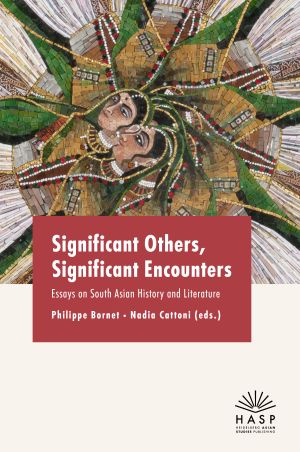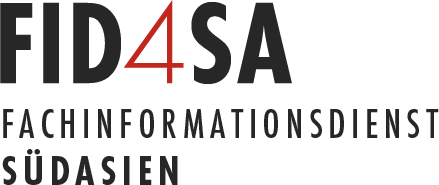Zitationsvorschlag
Lizenz (Kapitel)

Dieses Werk steht unter der Lizenz Creative Commons Namensnennung - Weitergabe unter gleichen Bedingungen 4.0 International.
Identifier (Buch)
Veröffentlicht
Language Hybridity in Midnight’s Children
A Comparative Study of the Croatian and Czech Versions of the Text
This chapter investigates Salman Rushdie’s experimentation with language obtained through code-mixing, used as a constructive means of a binary model that explores reinventions of hybrid traditions in postcolonial India on lexical and syntactic levels. Linguistic reconstructions are approached from the perspective of translation studies in a comparative analysis of the Croatian and Czech versions of the text. The paper encompasses two variants of code-mixing, English and Indian, perceived as complementary components in the code-mixing process. The lexical relations between English and Hindi-Urdu are, in the English variant, equalised, while the Indian variant disrupts standard English. The variants of the source text do not correspond to their counterparts in the translated versions. As a result, the English text shows a higher degree of hybridity than the Croatian and Czech translations. The objective is to demonstrate the consequences of the unilateral method applied in the transfer process, resulting from neglect and misconception of the Indian component in the code-mixing system. The Croatian version insists upon an Anglophone approach. The Czech version is used as a heuristic tool to illustrate the alternative possibilities of the idiosyncrasies peculiar to the bilingual model applied by the author.
Keywords hybridity, code-mixing, postcolonial literature, transfer process, target language









